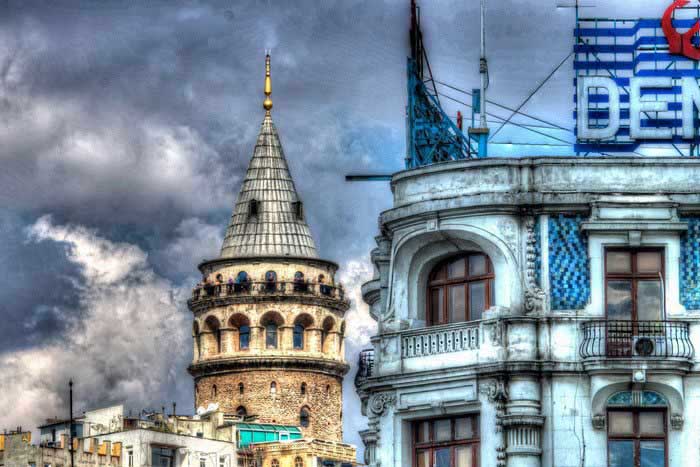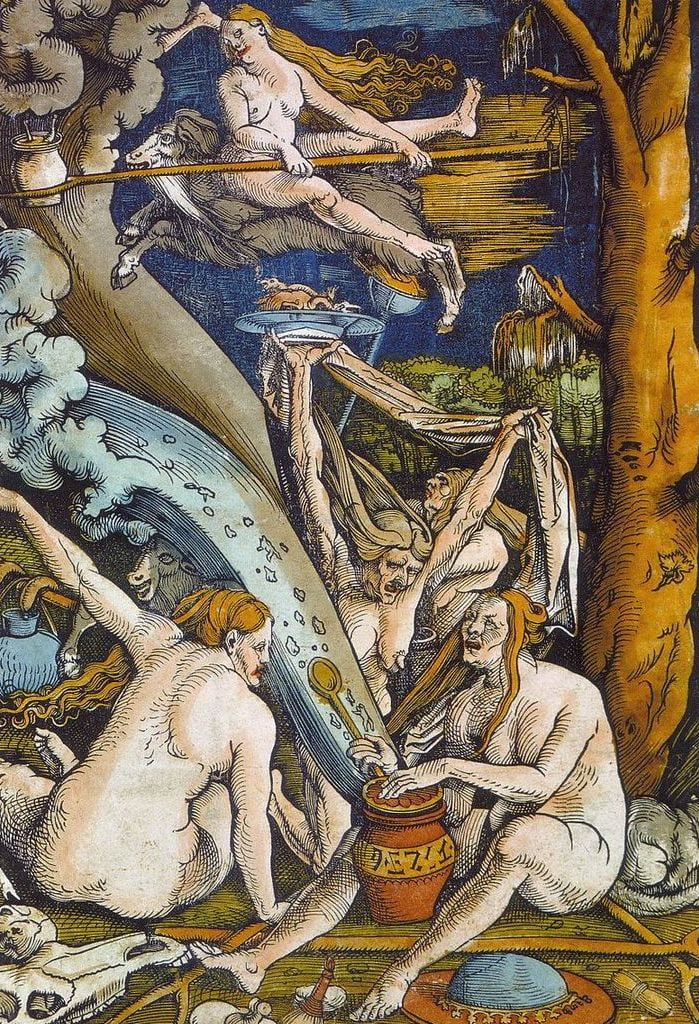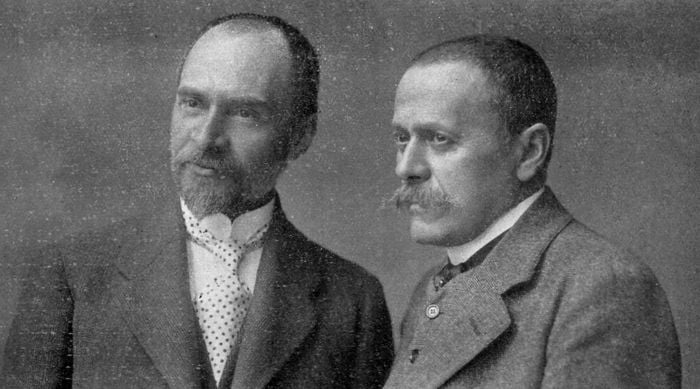If the infinity of the sea may call out thus, perhaps when a man is growing old, calls come to him, too, from another infinity Still darker and more deeply mysterious; and the more he is wearied by life the dearer are those calls to him. But to hear them quiet is needed.
Beacon tower
Besides old age loves to put itself aside, as if with a foreboding of the grave. The lighthouse had become for Skavinski such a half grave. Nothing is more monotonous than life on a beacon-tower. If young people consent to take up this service they leave it after a time. Lighthouse keepers are generally men not young, gloomy, and confined to themselves.
If by chance one of them leaves his lighthouse and goes among men, he walks in the midst of them like a person roused from deep slumber. On the tower there is a lack of minute impressions which in ordinary life teach men to adapt themselves to everything. All that a lighthouse keeper comes in contact with is gigantic and devoid of definitely outlined forms.
The sky is one whole, the water another; and between those two infinities the soul of man is in loneliness. That is a life in which thought is continual meditation, and out of that meditation nothing rouses the keeper, not even his work. Day is like day as two beads in a rosary, unless changes of weather form the only variety.
But Skavinski felt more happiness than ever in life before. He rose with the dawn, took his breakfast, polished the lens, and then sitting on the balcony gazed into the distance of the water; and his eyes were never sated with the pictures which he saw before him.
On the enormous turquoise ground of the ocean were to be seen generally flocks of swollen sails gleaming in the rays of the sun so brightly that the eyes were blinking before the excess of light. Sometimes the ships, favored by the so-called trade winds, went in an extended line one after another, like a chain of sea-mews or albatrosses. The red casks indicating the channel swayed on the light wave with gentle movement.
Among the sails appeared every afternoon gigantic grayish featherlike plumes of smoke. That was a steamer from New York which brought passengers and goods to Aspinwall, drawing behind it a frothy path of foam. On the other side of the balcony Skavinski saw, as if on his palm, Aspinwall and its busy harbor, and in it a forest of masts, boats, and craft; a little farther, white houses and the towers of the town. From the height of his tower the small houses were like the nests of sea-mews, the boats were like beetles, and the people moved around like small points on the white stone boulevard.
Read More about Domestic Conflicts part 21








